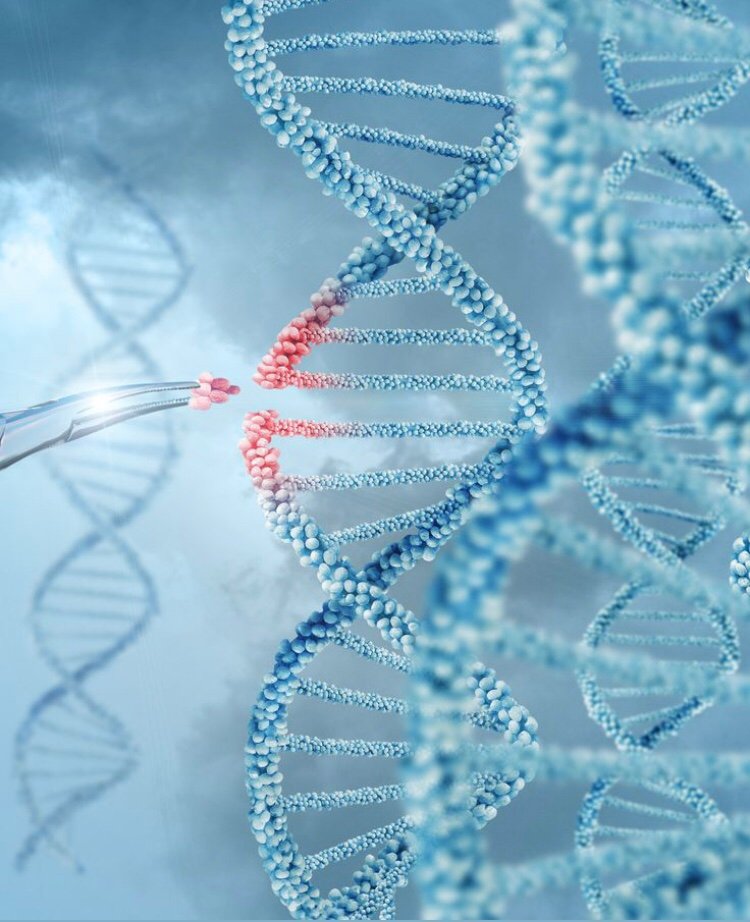Discover the groundbreaking realm of gene therapy, a transformative approach aiming to combat cancer by altering defective genes. This article explores the potential benefits of gene therapy over traditional chemotherapy, highlights the challenges faced in its clinical application, and delves into innovative genetic approaches that bring hope to the forefront of cancer treatment.
In the dynamic landscape of cancer treatment, gene therapy emerges as a beacon of hope, offering a paradigm shift from traditional chemotherapy. Unlike chemotherapy’s indiscriminate impact, gene therapy holds the promise of replacing faulty genes with healthy counterparts, presenting a targeted and potentially more effective approach.
Despite promising strides in enhanced targeting and tumor-selective expression in pre-clinical settings, gene therapy encounters obstacles on its journey to clinical success. Challenges include non-specific expression, low-efficiency delivery, and biosafety concerns. Yet, the field remains resilient, with ongoing efforts to innovate genetic approaches, reconstruct vectors, and refine transgenes for heightened safety and efficacy.
At the heart of gene therapy lies a profound understanding of genes—small DNA sections providing instructions for the proteins that govern biological functions. Up to 400,000 proteins are essential for the body to function properly, but when genes are altered or mutated, the delicate balance is disrupted. This disruption initiates the development of cancer, with each cancer expressing unique genetic alterations that influence protein production and cell replication.

Gene therapy unfolds as a cancer cell and gene therapy, where DNA and genetic functions of immune cells or cancer cells are strategically altered. Researchers delve into the intricacies of the tumor microenvironment, unraveling the secrets cancer cells hide to support their growth and evade the immune system. Engineered therapeutic agents, including CAR T cells, emerge as powerful tools to target cellular differences and counteract cancer’s growth-promoting environment.
In the pursuit of effective cancer gene therapy, several prospective strategies come to the forefront. These include inducing apoptosis or enhancing tumor sensitivity to conventional therapies, compensating for the loss of tumor suppressor genes, blocking oncogene expression, and bolstering the tumor’s immunogenicity to stimulate immune cell recognition. Each strategy represents a unique avenue to control genetic mutations and alter cancer’s trajectory.
Somatic gene therapy takes center stage, focusing on controlling altered genes without impacting germ-line cells. This approach involves four types: gene editing, gene replacement, gene addition, and gene inhibition. Gene editing corrects imbalances within the cell’s gene, while gene replacement and gene addition offer alternatives to fix faulty or nonworking genes. Gene inhibition, on the other hand, shuts down faulty genes, preventing cancerous behavior.
As gene therapy strides forward, it holds the promise of revolutionizing cancer treatment. With its ability to address specific genetic alterations and enhance treatment precision, gene therapy emerges as a beacon of hope in the ongoing battle against cancer.





